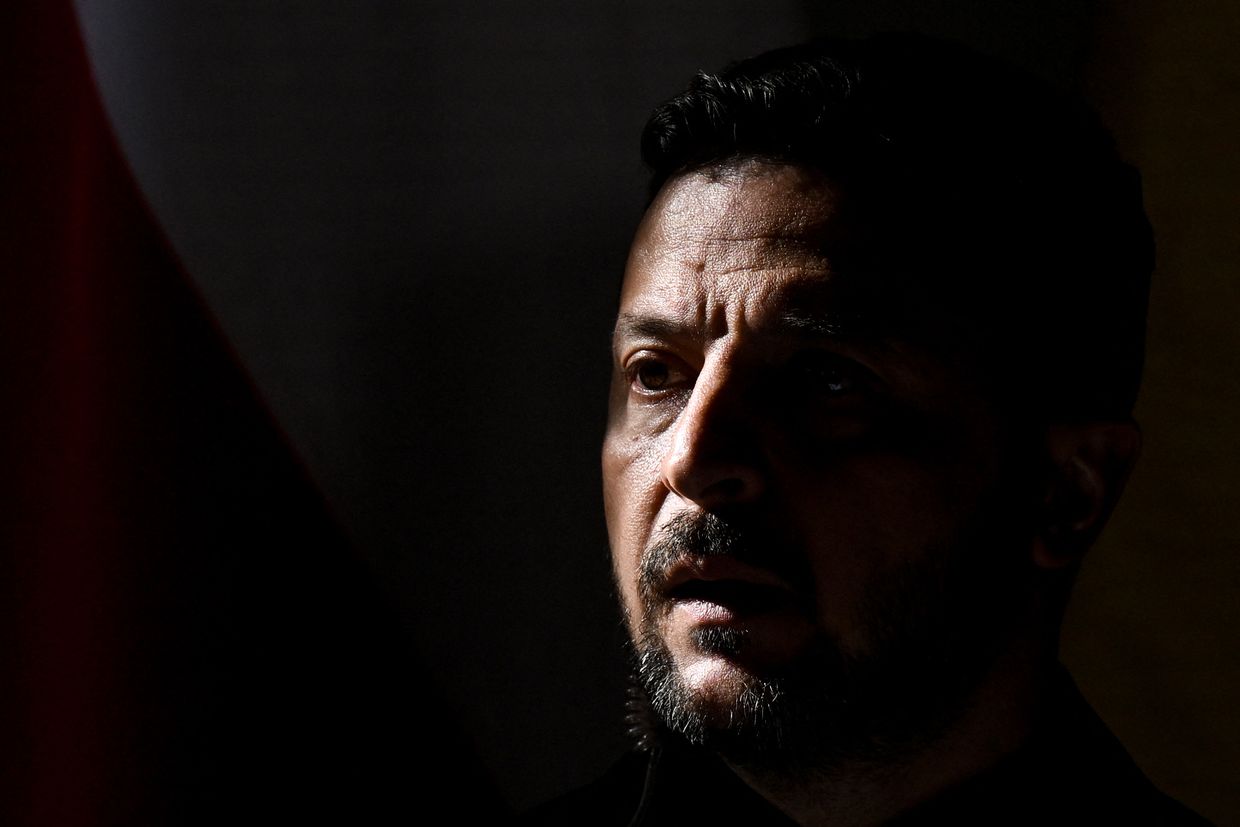Ukraine, Russia hold third round of peace talks in Istanbul, agree to another major prisoner exchange

Editor's note: This is a developing story and is being updated.
Ukrainian and Russian delegations held a third round of peace talks in Istanbul on July 23, with the meeting lasting less than an hour.
During the talks, Ukraine proposed holding a summit between President Volodymyr Zelensky and Russian President Vladimir Putin before the end of August, according to National Security and Defense Council Secretary Rustem Umerov, who led the Ukrainian delegation.
The delegation also included Presidential Office head Andriy Yermak, First Deputy Foreign Minister Sergiy Kyslytsya, and deputy military intelligence chief Vadym Skybytskyi.
"We are working on priority issues. Our priority is always people, ceasefire and meeting of leaders," Umerov said after the talks, adding that Ukraine and Russia agreed to conduct a humanitarian exchange involving more than 1,200 people.
Ukraine has clearly outlined its priorities, including a ceasefire, a full stop to strikes on civilian infrastructure, and "silence" along the entire front line, according to Yermak. "This is where the path to a genuine peace must begin," he added in his post on X.
Zelensky also previously identified the return of abducted Ukrainian children and an immediate ceasefire as key priorities in the talks.
Vladimir Medinsky, Putin's aide and head of the Russian delegation, said Moscow proposed forming three working groups to meet online and address political, military, and humanitarian issues. Commenting on a possible leaders' meeting, Medinsky said it was crucial to first determine the topics for discussion.
The Russian delegation said it suggested brief 24–48-hour ceasefires to retrieve the wounded and the bodies of fallen soldiers.
Moscow also offered to hand over the remains of 3,000 Ukrainian soldiers via the Red Cross "once Kyiv is ready." Medinsky's delegation also claimed around 30 civilians from Russia’s Kursk region, allegedly taken into Ukraine, have not been returned and called on Kyiv to clarify their status.
Russia has completed work on the list of Ukrainian children submitted during the previous round of negotiations, Medinsky said. He claimed that Ukrainian children in Russia are "under state supervision, well provided for, and safe in appropriate childcare institutions."
Commenting on the third round of peace talks, Yermak said that "...It is clear that Russia is still not ready to end the war — but there is still time to reconsider and put an end to this madness."
Ahead of the delegations' meeting, Umerov's team held talks with Turkish President Recep Tayyip Erdogan in Ankara.
The July 23 meeting followed earlier rounds of negotiations on May 16 and June 2, after more than three years without formal talks. Despite limited progress, both sides have managed to negotiate several prisoner exchanges since restarting discussions.
While Zelensky has expressed readiness for face-to-face talks, Putin has repeatedly declined to participate in person, sending lower-level officials instead.
The peace talks, characterized by great distance between the two sides' demands, have been given new energy after U.S. President Donald Trump's warning on July 14 that he would impose "severe" tariffs on Russia unless it agrees to end the war within 50 days.
Kremlin spokesperson Dmitry Peskov has reiterated that Moscow's war goals remain unchanged, reflecting Russia's reluctance to concede from its maximalist demands.
Ukraine has proposed a 30-day unconditional ceasefire in both rounds of talks — a position supported by the U.S. — but Russia has so far rejected the proposal.
On July 7, Kyslytsya told the Kyiv Independent that Russia's approach at the Istanbul meetings amounts to ultimatums rather than genuine negotiations.















